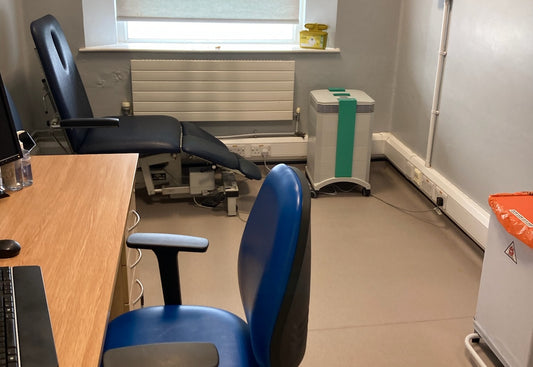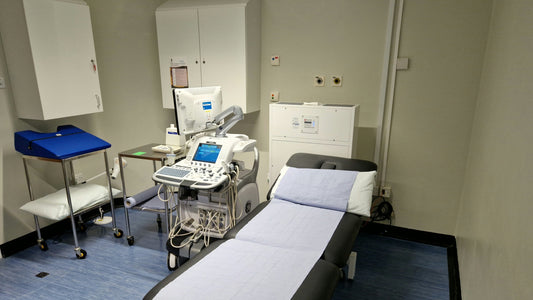A study conducted by Columbia University’s Center for Children’s Environmental Health found that prenatal exposure to air pollutants can affect cognitive development during childhood. The study found that children who were exposed in the womb to high levels of air pollutants known as ‘polycyclic aromatic hydrocarbons’ (PAHs) scored 6.3% lower on cognitive tests than the less exposed children. The risk of being developmentally delayed was 2.9 times greater in children exposed to PAHs, than that of children who had lower prenatal exposure.
PAHs enters the environment from car, truck or bus engines, residential heating, power generation, and cigarette smoke. Once the mother inhales the pollutants, they will be transferred through the placenta to the fetus. Prof. Frederica Perera is the director of the Columbia University’s Center for Children’s Environmental Health. She writes that: “These findings are of concern because compromised mental performance in the preschool years is an important precursor of subsequent educational performance deficits.” Even though the findings of the study are alarming, Dr. Perera said, “fortunately airborne PAH concentrations can be reduced by currently available pollution controls.”
Dr. Perera’s study is part of a broader multi-year research project, which began in 1998 called ‘The Mothers and Children Study in New York City’. A sample of 183 children of the age of three and of non-smoking women living in different parts of New York City, such as Washington Heights, Central Harlem, and the South Bronx was examined. In the study, the exposure during pregnancy to air pollutants was measured by personal air monitoring. Children aged three were tested using a standardized test focusing on mental and psychomotor development.
Ref:
- Public Health Statement for Polycyclic Aromatic Hydrocarbons (PAHs)
- Environ Health Perspect. 2003 February; 111(2): 201-205.; Effects of transplacental exposure to environmental pollutants on birth outcomes in a multiethnic population; Frederica P Perera, Virginia Rauh, Wei-Yann Tsai, Patrick Kinney, David Camann, Dana Barr, Tom Bernert, Robin Garfinkel, Yi-Hsuan Tu, Diurka Diaz, Jessica Dietrich, and Robin M Whyatt
- Effect of Prenatal Exposure to Airborne Polycyclic Aromatic Hydrocarbons on Neurodevelopment in the First 3 Years of Life Among Inner-City Children; Frederica P. Perera,1 Virginia Rauh,1 Robin M. Whyatt,1 Wei-Yann Tsai,1,2 Deliang Tang,1 Diurka Diaz,1 Lori Hoepner,1 Dana Barr,3 Yi-Hsuan Tu,1 David Camann,4 and Patrick Kinney1; www.cumc.columbia.edu




